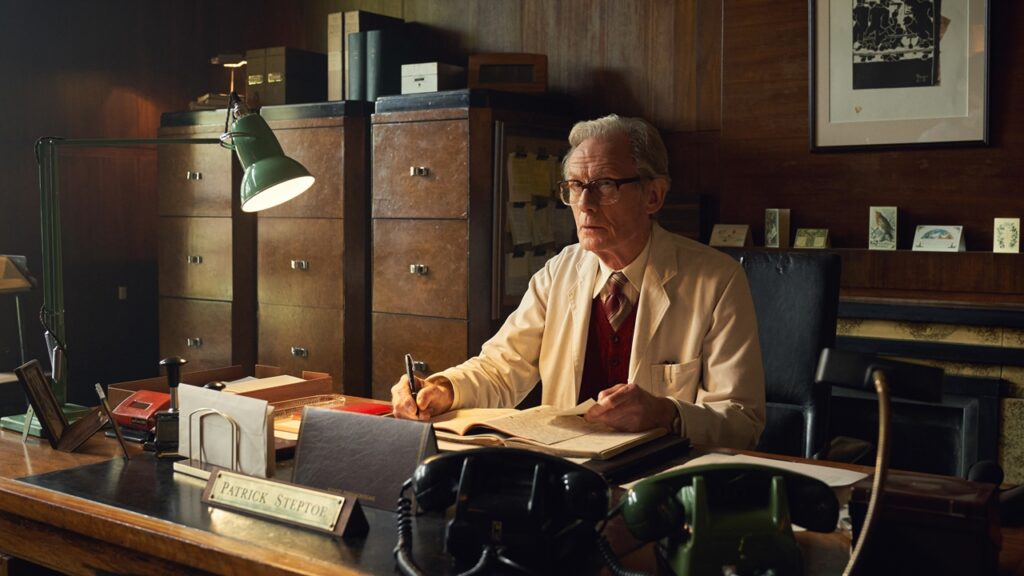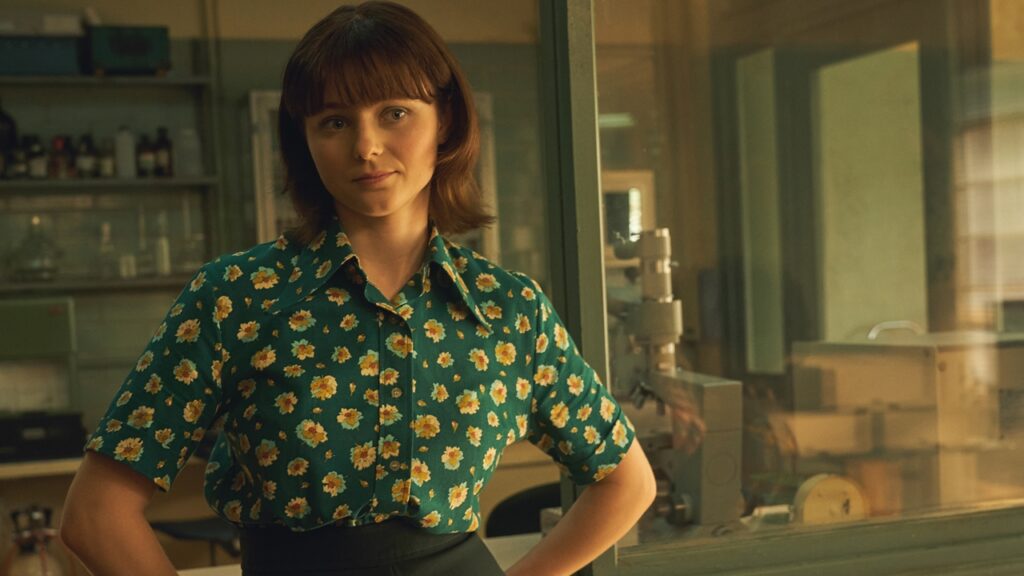Read also:
How to Watch FX Live Without CableHow To Watch AMC Without CableHow to Watch ABC Without CableHow to Watch Paramount Network Without CableTry as hard as one might, there is no objective evaluation of art. First, there are all the biases—conscious and unconscious—each person brings to the work. Then there are factors like mood, health, comfort, and company. Finally, there are current events. The latter is especially relevant to Joy, which chronicles the development of In vitro fertilization in 60s and 70s Britain. It’s hard not to think about the parallels to the current state of reproductive rights in America.
On its own, Joy is a perfectly adequate film. Handsomely, if conventionally, shot under the direction of Ben Taylor, the film centers its point of view on nurse Jean Purdy (Thomasin McKenzie). The script, written by the husband-and-wife team of Jack Thorne and Rachel Mason from a story by Emma Gordon and Shaun Topp, is deliberate and methodical. It drops the occasional rhetorical flourish but mostly sticks to the facts and lets the actors do their thing. It’s the kind of film that is accurate enough to be shown in class and interesting enough not to bore the students to death.
But Joy doesn’t exist on its own. It wasn’t released in 2021 or in June. It’s hitting theatres in the UK and Ireland a week and a half after the American Presidential election and Netflix streaming stateside a week after that. It’s impossible to view the film without that in the back of one’s head. And in that context, Joy has a bruised, rebellious heart beating in its chest. It doesn’t provide catharsis, per se, but a perhaps heartening reminder of the previous struggles and triumphs.

The battles in the public and academic sphere typically involve Dr. Robert Edwards (James Norton) defending the development of the procedure against charges of quackery and Frankenstein-ism. As the criticisms have little to do with reality and everything to do with prejudice and misinformation, he often becomes frustrated. The truth and scientific fact, it seems, are always at a deficit going up against preconceived notions and incurious minds. The second leg of the IVF team tripod, Patrick Steptoe (Bill Nighy), knows such debates well. He’s spent most of his career advocating for laparoscopic surgery among colleagues who refuse to see its potential as an alternative in many cases to open surgery.
As frustrating as their burdens are, Purdy’s struggles cut deepest. A devout Christian, she finds herself exiled from her church and estranged from her mother (Joanna Scanlan) for her work. Some object to IVF or feel uncomfortable with it, but that’s not the biggest issue. Rather, what costs her support system is that some of her colleagues also perform abortions. Never mind that the procedure was legal in England at the time. Forget that Purdy never has a hand in any abortion preparation or completion. Simply being adjacent to such activities is too much for others around her to accept. A scene where her mom refuses needed aid from Jean is especially painful.

As performed by the excellent as usual McKenzie, the scene aches with heartbreak. Stuck between her only family and a job she both believes and has personal stakes in, she knows she can’t make “the right choice.” She’s painted into a corner by people who love her yet refuse to listen or give her a moment’s grace. The sad relevance to the present day is evident.
In this way, a well-constructed and well-performed movie becomes more than just “competent.” By diligently telling its tale of IVF’s failures and successes, Joy never hits the audience over the head with how its themes echo still today. The discussion of how it only benefits a small fraction of people on the one hand and how society stresses women’s greatest worth is bearing children on the other is period accurate. It also calls to mind many of the fights people have now about women’s roles, bodily autonomy, and what kinds of health care are worth providing.
Joy, as a movie, is good enough. In this moment, that good enough is a bittersweet balm and, hopefully, a place to rest before rejoining the fight.
Joy opens its clinic doors on Netflix starting November 22.